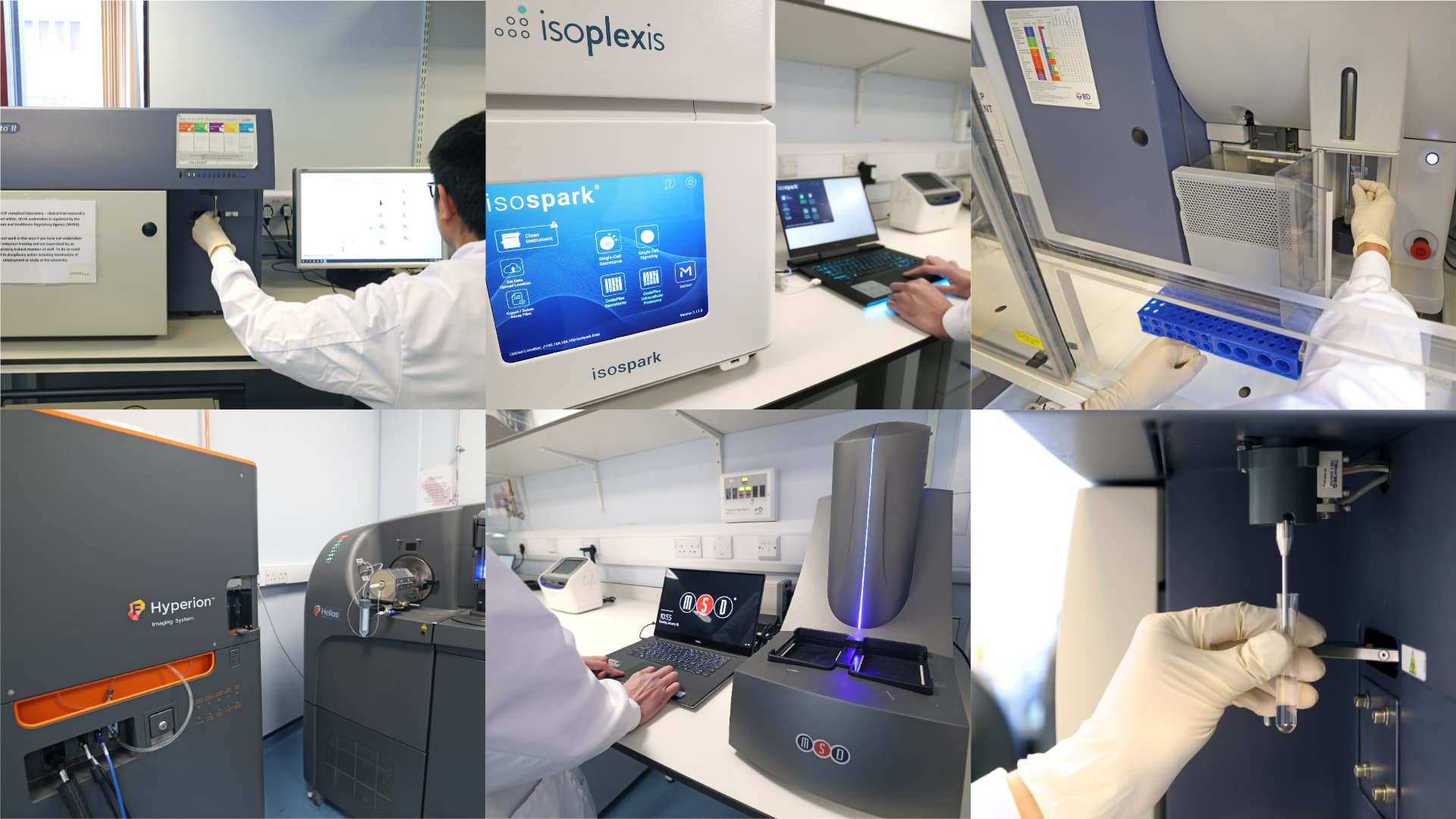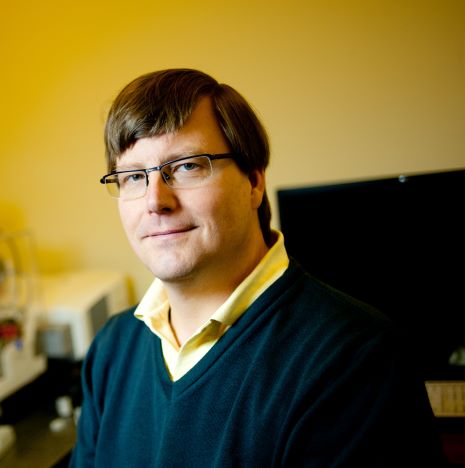
The Facility’s next-generation equipment and resources are supported by experienced and knowledgeable technical specialists and renowned academics to help you make the most of your data.
What you'll receive from our facility
- Our facility enables state-of-the-art Fluorescent Activated Cell Sorting (FACS) and Flow Cytometry through instruments that support all commonly used fluorophores and applications
- The ground-breaking Helios mass cytometer combines flow Cytometry with Time-Of-Flight (CyTOF) mass spectrometry to allow multi-dimensional analysis of cell populations at single cell resolution
- Our facility staff are available to share their expertise in: conventional flow and mass cytometry, as well as in the use of the other instruments available in the facility
- We are also able to offer support in: Planning and study design; grant applications (preliminary data analysis, figure preparation, method development, data management planning and costings); analysis including method development, Data acquisition, associated software training and support and dissemination including outreach and stakeholder support, manuscript preparation and data deposition
- Training is available including 1-to-1 hands-on at our facility or through a visit to the recipient laboratory. There is also online training, group training or face to face workshops and pre-recorded training.
The equipment we offer includes:
- BD-FACSAria IIIu Cell Sorter
- BD-FACSCanto II Flow Cytometer
- BD-Fortessa LSR Flow Cytometer
- Thermo Fisher Attune NxT flow cytometer
- Standard BioToolsHelios Mass Cytometer
- Hyperion Imaging System
- PhenomeX Isospark Functional Proteomics Hub
- Mesoscale QuickPlex SQ120 Multiplex Imager.
Who can use our facilities
- University of Liverpool academic staff
- Researchers from other universities
- Industrial research partners.
What Cell Sorting and Mass Cytometry can be used for
Analytical flow cytometry is a mainstay of research in a diversity of disciplines including immunology, haematology, stem cell biology, yeast and bacterial studies, as well as analysis of engineered synthetic particles.
Such analysis is enhanced by mass cytometry which offers analysis of up to 50 different parameters for exquisite resolution of single cells within populations that are either in suspension or within tissues. Ability to sort and recover up to 4 distinct populations of cells, or sort cells into 96- or 384-well plates, allows for subcloning of genetically manipulated cells, isolation of cell types for bulk and/or single cell RNAseq, as well as other purposes as required.
Finally, we can offer access to instruments that will profile cytokines within fluids, or at single cell resolution for discovery studies.

